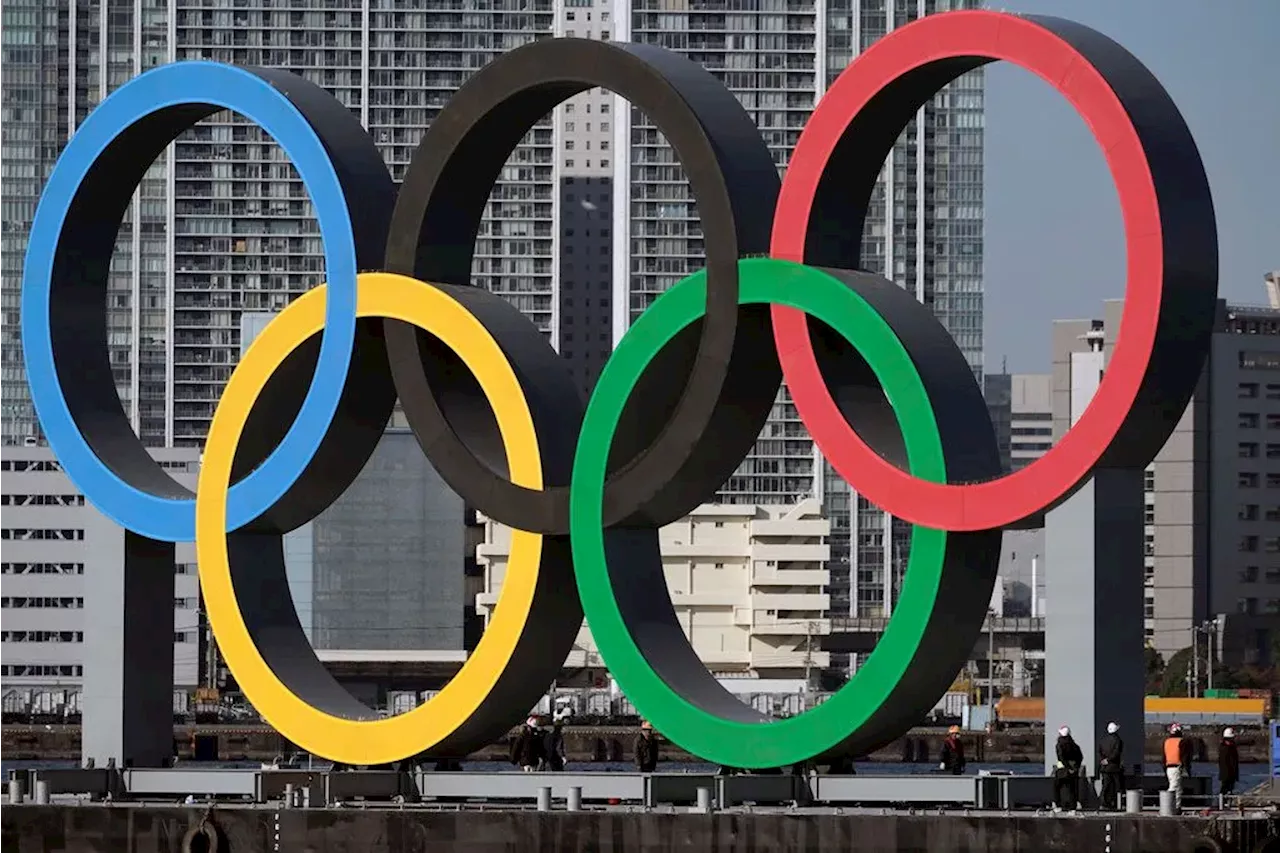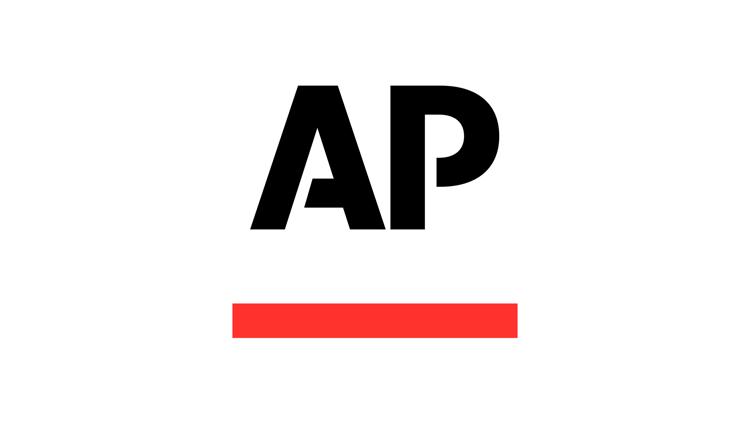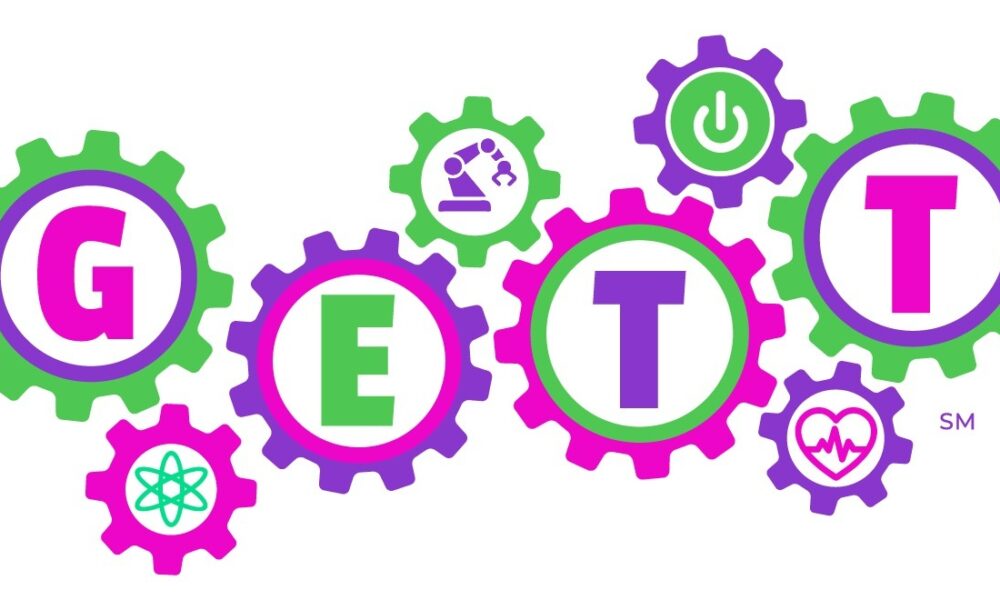BREAKING: The International Olympic Committee (IOC) is reportedly moving towards a ban on transgender women in women’s competitions, a decision that could reshape the landscape of Olympic sports. Leaked details from a recent IOC meeting reveal a scientific presentation outlining the significant physiological advantages of male athletes, suggesting a pivot towards a science-based policy on gender eligibility.
This urgent development comes as skepticism around the inclusion of transgender athletes grows, with many advocating for a return to biological standards in women’s sports. The IOC plans to officially announce this ban in early 2024, unless activist backlash forces a reconsideration.
The ramifications of this potential policy shift are profound. A recent study presented to the IOC highlighted that female athletes face a 20% to 30% higher risk of injury when competing against transgender women, who may possess inherent strength and speed advantages. Specifically, the report states that male athletes can be 25% to 50% stronger, 30% more powerful, and 15% faster than their female counterparts.
Historically, the Olympic Games have acknowledged the physical differences between men and women by maintaining separate competitions since 1900. This latest move by the IOC aligns with growing scientific evidence challenging the validity of claims that gender identity can override biological differences.
The IOC’s decision comes on the heels of contentious performances in women’s sports, including the case of Laurel Hubbard, a transgender weightlifter who competed in the 2020 Tokyo Olympics. Critics argue that the inclusion of transgender women undermines the integrity of women’s sports, citing instances where female athletes have been outmatched due to biological advantages.
Additionally, the presence of athletes with Disorders of Sexual Development (DSD), such as Imane Khelif and Lin Yu-ting, has intensified the debate. Both athletes dominated their weight classes at the 2024 Paris Olympics, raising concerns about fairness in competition, particularly after their disqualifications from prior championships due to genetic testing issues.
As the IOC prepares to make its announcement, athletes and sports organizations are closely monitoring the situation. The potential ban could bring clarity to a divisive issue, ensuring that competitions remain fair and equitable for all female athletes.
The IOC is expected to release its final decision early next year, and the sports community awaits any updates that may follow. As this story unfolds, it is crucial for stakeholders to engage in transparent discussions about the future of women’s sports and the implications of gender identity in athletics.
Stay tuned for further updates on this developing story, as the IOC’s decision could redefine the future of competitive sports.






